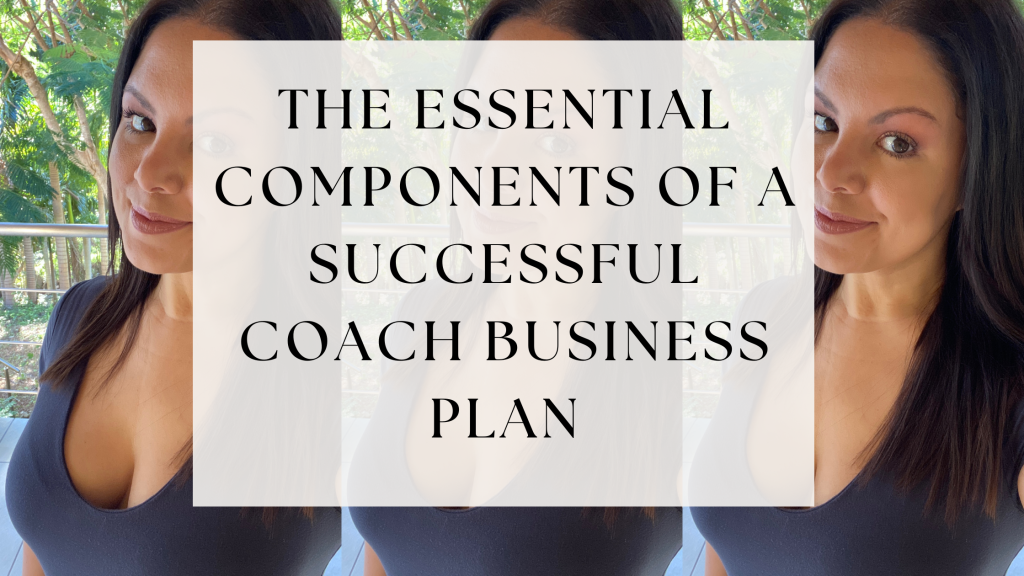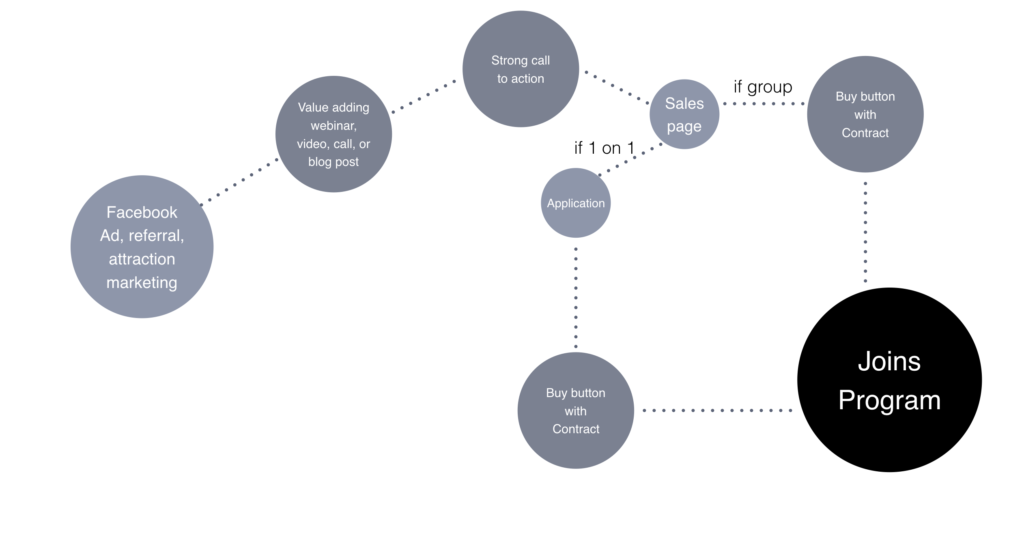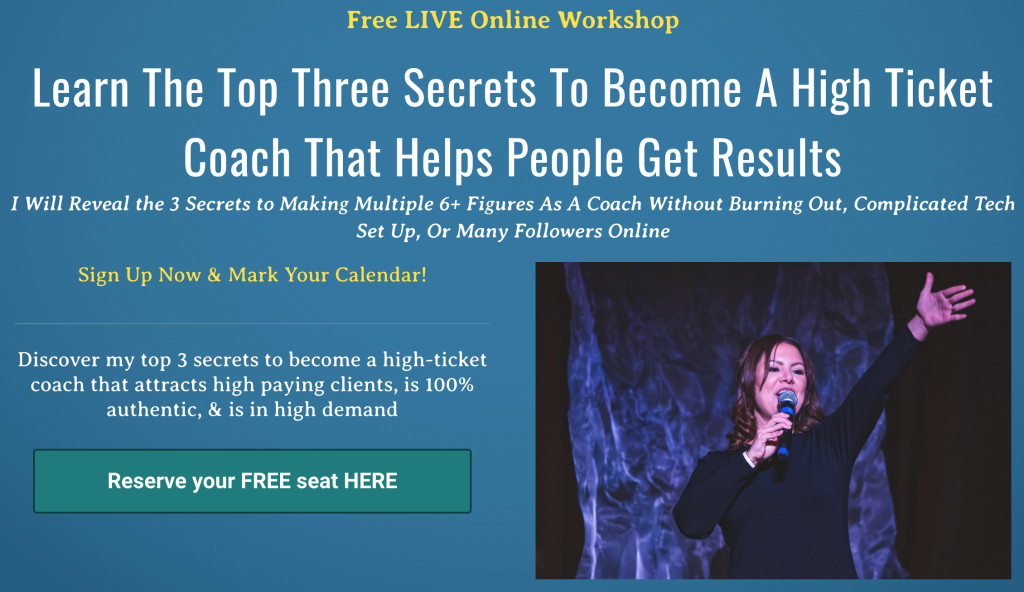This post is all about coach business plan.

As a coach, having a well-structured business plan is essential to your success. A business plan serves as a roadmap for your business, outlining your goals, strategies, and tactics for achieving success.
Coach Business Plan
Here are the essential components of a successful coach business plan:
- Executive Summary: The executive summary is the first section of your business plan and provides an overview of your business. It should include your mission statement, a brief history of your business, and a summary of your products or services.
- Market Analysis: In this section, you’ll analyze your target market and the competition. You’ll need to research your target market to understand their needs, preferences, and purchasing habits. You’ll also need to research your competition to understand their strengths and weaknesses.
- Marketing and Sales Strategies: In this section, you’ll outline your marketing and sales strategies for attracting and retaining clients. You’ll need to consider the various marketing channels you’ll use, including social media, networking events, and paid advertising. You’ll also need to outline your pricing strategy and how you’ll generate revenue.
- Service or Product Line: In this section, you’ll describe your products or services in detail. You’ll need to describe the benefits of your products or services, how they meet the needs of your target market, and how they differentiate you from your competition.
- Financial Projections: In this section, you’ll need to create financial projections for your business. This includes forecasting your revenue and expenses, and creating a cash flow projection. You’ll need to use this information to develop a budget and make decisions about investments, hiring, and other financial considerations.
- Implementation Plan: The implementation plan outlines the steps you’ll take to bring your business plan to life. You’ll need to outline the resources you’ll need, the timelines for each step, and the responsibilities of each team member.
Click here to learn more about your coaching business plan.
By including these essential components in your coach business plan, you’ll have a comprehensive guide to help you achieve your business goals and build a successful coaching practice.
Remember to regularly review and update your business plan as your business evolves and grows.
From Zero to Hero: Launching Your Coaching Business with a Successful Webinar Strategy
Starting a coaching business can be an exciting and challenging journey, but with the right tools and strategy, you can achieve your goals and reach your target audience effectively. One such tool is webinars.

Webinars are a great way to connect with your target audience, demonstrate your expertise, and showcase the value of your coaching services. By hosting webinars, you can educate your audience, build trust, and ultimately convert them into paying clients.
Here are the essential components of a successful coach business plan to launch with a webinar:
- Define your target audience: Understanding who your target audience is and what their pain points are will help you create a webinar that resonates with them.
- Choose a topic that adds value: Your webinar should provide valuable information that your target audience will find useful. This can be in the form of tips, techniques, or solutions to common problems.
- Use the right platform: There are several webinar platforms available, but it’s important to choose one that fits your needs and budget. Consider features such as audience size, screen sharing, recording, and more.
- Create a compelling webinar presentation: Your webinar presentation should be engaging, informative, and visually appealing. Use slides, videos, and interactive elements to keep your audience interested.
- Promote your webinar: You can promote your webinar through various channels such as email, social media, and your website. Offer an incentive for attendees such as a discount on your coaching services or a free resource.
- Follow up with attendees: After the webinar, be sure to follow up with attendees and provide additional information about your coaching services. This can help convert them into paying clients.
Click here to learn more about webinars.
By following these steps, you can launch your coaching business with a successful webinar strategy and reach your target audience effectively.
Unlocking the Potential of Email Marketing for Coaches
mail marketing can be a powerful tool for coaches looking to grow their business and reach their target audience effectively.
By sending targeted and personalized emails, you can build relationships with your subscribers, educate them on your services, and ultimately convert them into paying clients.
Here are some key steps to help you grow your coaching business with email marketing:
- Build a targeted email list: You can build your email list by offering an incentive such as a free resource or discount on your coaching services in exchange for their email address.
- Personalize your emails: Personalizing your emails can help build a stronger relationship with your subscribers and increase the chances of them opening and engaging with your emails.
- Segment your email list: Segmenting your email list allows you to send targeted and relevant emails to specific groups within your list, improving the chances of them engaging with your emails.
- Create compelling subject lines: Your subject lines play a crucial role in getting your emails opened. Make sure they are attention-grabbing, informative, and relevant to your subscribers.
- Offer value in your emails: Your emails should offer valuable information such as tips, techniques, or solutions to common problems related to your coaching services.
- Track and analyze your results: Use email marketing tools to track and analyze the performance of your emails. This will help you make informed decisions about future email campaigns and improve their effectiveness.
Click here to learn more about email marketing.
By following these steps, you can grow your coaching business with email marketing and reach your target audience effectively.
Turning Prospects into Clients: A Marketing and Sales Blueprint for Your Coaching Business
A well-crafted marketing and sales strategy is essential for any coaching business looking to achieve success and reach their goals. This strategy should outline how you plan to promote your services, reach your target audience, and convert them into paying clients.
Here are some key components to consider when developing a marketing and sales strategy for your coaching business:
- Define your target audience: Clearly identifying your target audience will help you craft marketing messages that resonate with them and attract more coaching clients.
- Choose your marketing channels: Determine which marketing channels will be most effective for reaching your target audience, such as social media, email marketing, webinars, or content marketing.
- Develop a marketing plan: Outline a comprehensive marketing plan that includes tactics, timelines, and budget. This will help you stay organized and on track as you work to attract more coaching clients.
- Offer incentives: Consider offering incentives such as a free resource or discount on your services to encourage prospects to take action and become clients.
- Create a sales process: Develop a clear and streamlined sales process that takes prospects from awareness to action and helps you close more coaching clients.
- Evaluate and adjust: Continuously evaluate and adjust your marketing and sales strategy based on the results you achieve. This will help you continually improve and grow your coaching business.
By following these steps, you can develop a comprehensive marketing and sales strategy that attracts more coaching clients and helps you reach your business goals.
This post was all about coach business plan.





